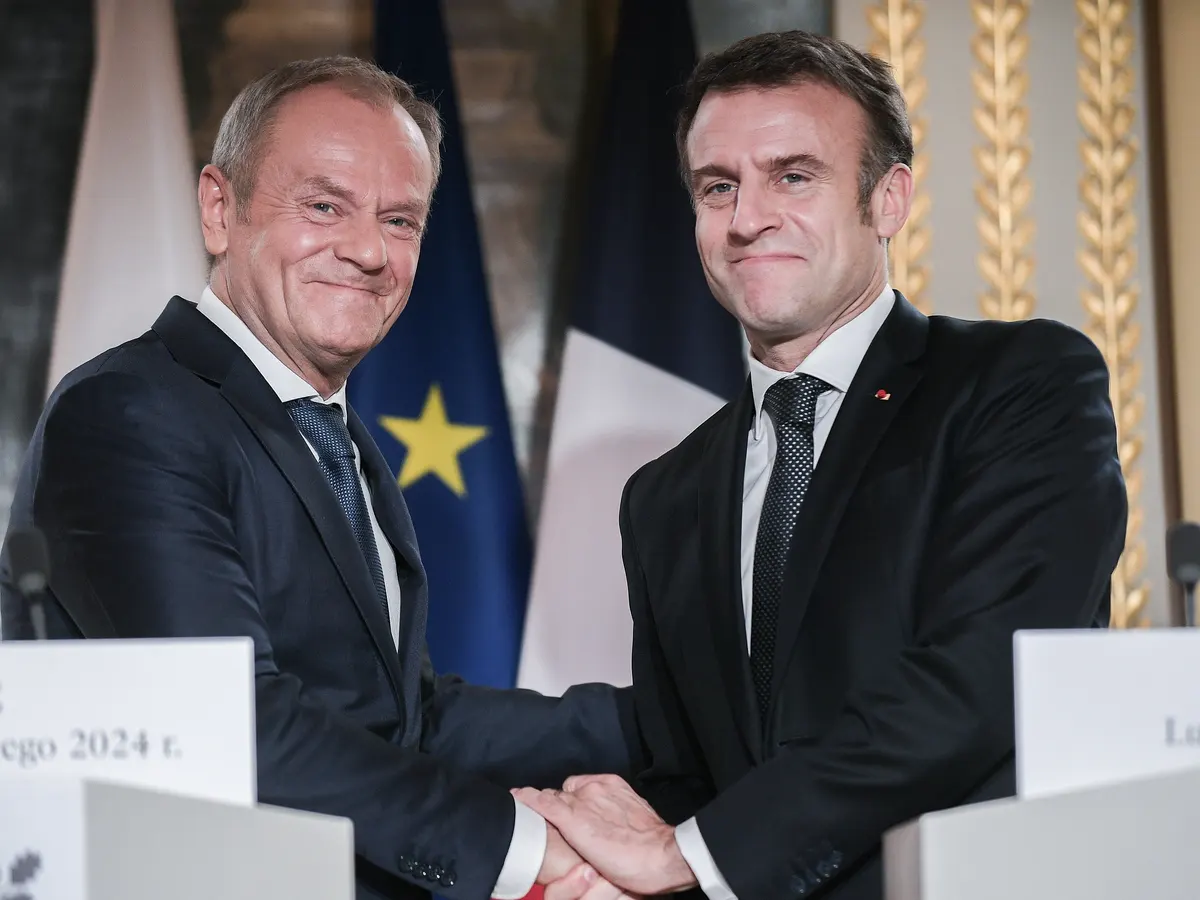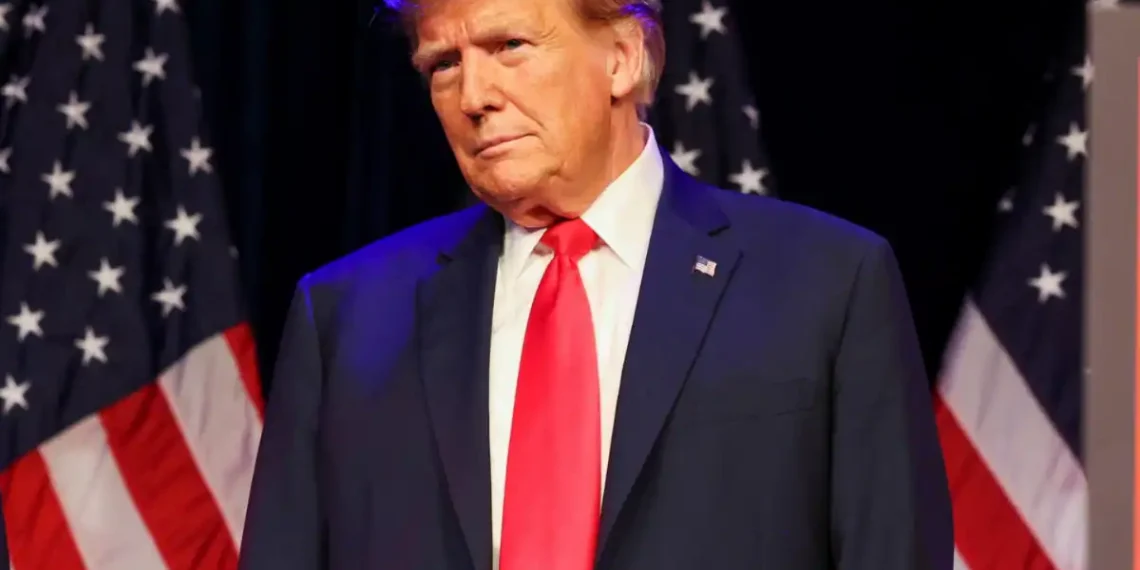European leaders are navigating a delicate balance between addressing their own defense needs and courting support from former U.S. President Donald Trump on NATO issues.
At the Munich Security Conference, Trump’s past comments about NATO’s defense spending targets reverberated, prompting European leaders to emphasize their commitments to both NATO and their own security interests.
Despite previous tensions with Trump over NATO spending, European leaders are keen to maintain a favorable relationship with the former president and his Republican supporters. They stress the importance of NATO solidarity while also highlighting their increased defense spending and efforts to bolster their own security.
At the conference, German Chancellor Olaf Scholz underscored Europe’s determination to take greater responsibility for its security, signaling a shift towards self-reliance. However, European leaders are careful to frame this as a strategic move aligned with NATO’s goals rather than a response to Trump’s criticisms.
European leaders are actively engaging with U.S. lawmakers, businesses, and think tanks to advocate for continued support for NATO and initiatives such as aid for Ukraine. They argue that maintaining a strong NATO alliance benefits both Europe and the United States, particularly in countering threats from Russia and projecting strength against China.

While European defense spending has increased, there are concerns about the continent’s military capabilities compared to the United States. Trump’s supporters, including Ohio Senator J.D. Vance, caution that Europe must enhance its military capabilities to fill potential gaps left by shifting U.S. priorities towards Asia.
Overall, European leaders are navigating a complex landscape, balancing their own security interests with the need to maintain a cohesive NATO alliance and garner support from the Trump camp.





